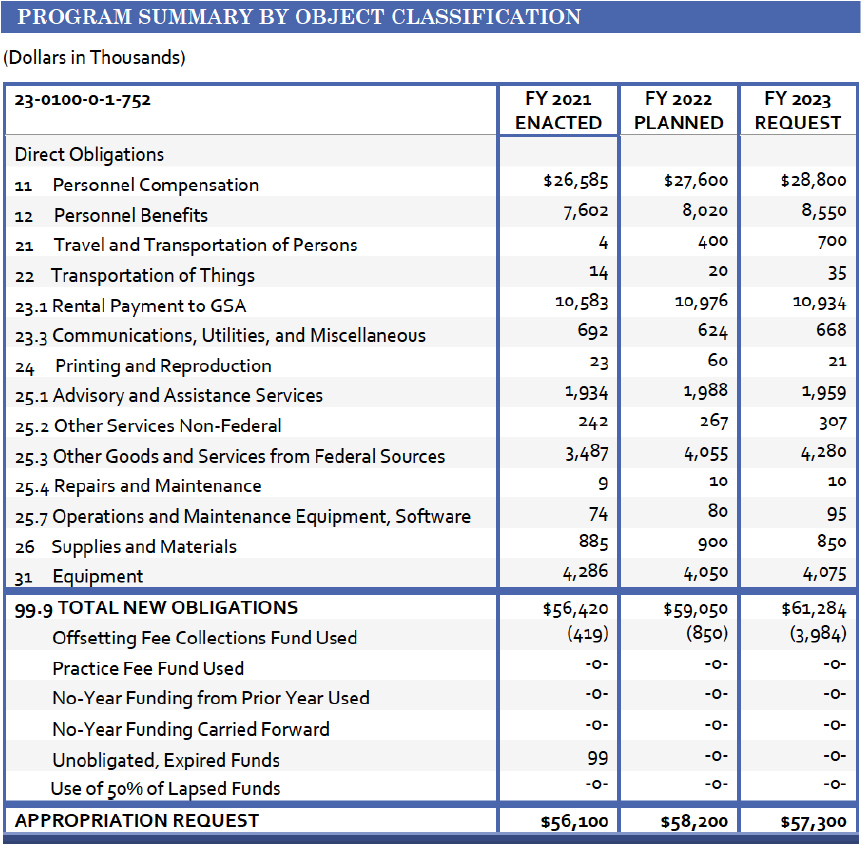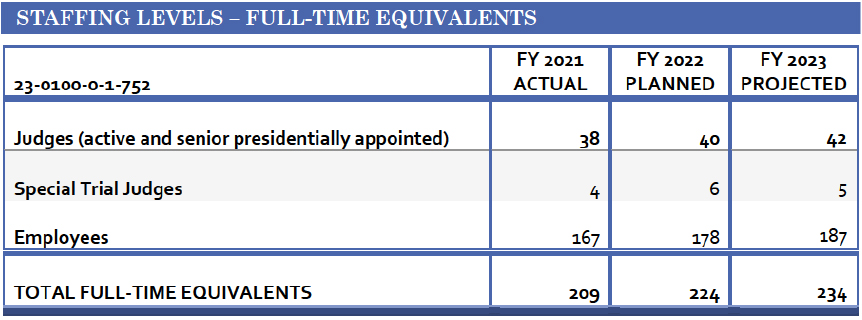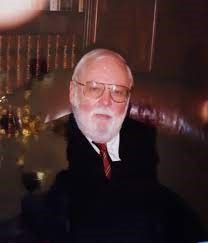On June 1, 2022, Judge Kathleen Kerrigan began her two-year term as Chief Judge of the US Tax Court. Her election as Chief Judge was announced earlier this year and covered on the blog here. Chief Judge Kerrigan replaces Judge Maurice B. Foley, who served as Chief Judge from June 1, 2018, through May 31, 2022.
read more

 Subscribe
Subscribe








